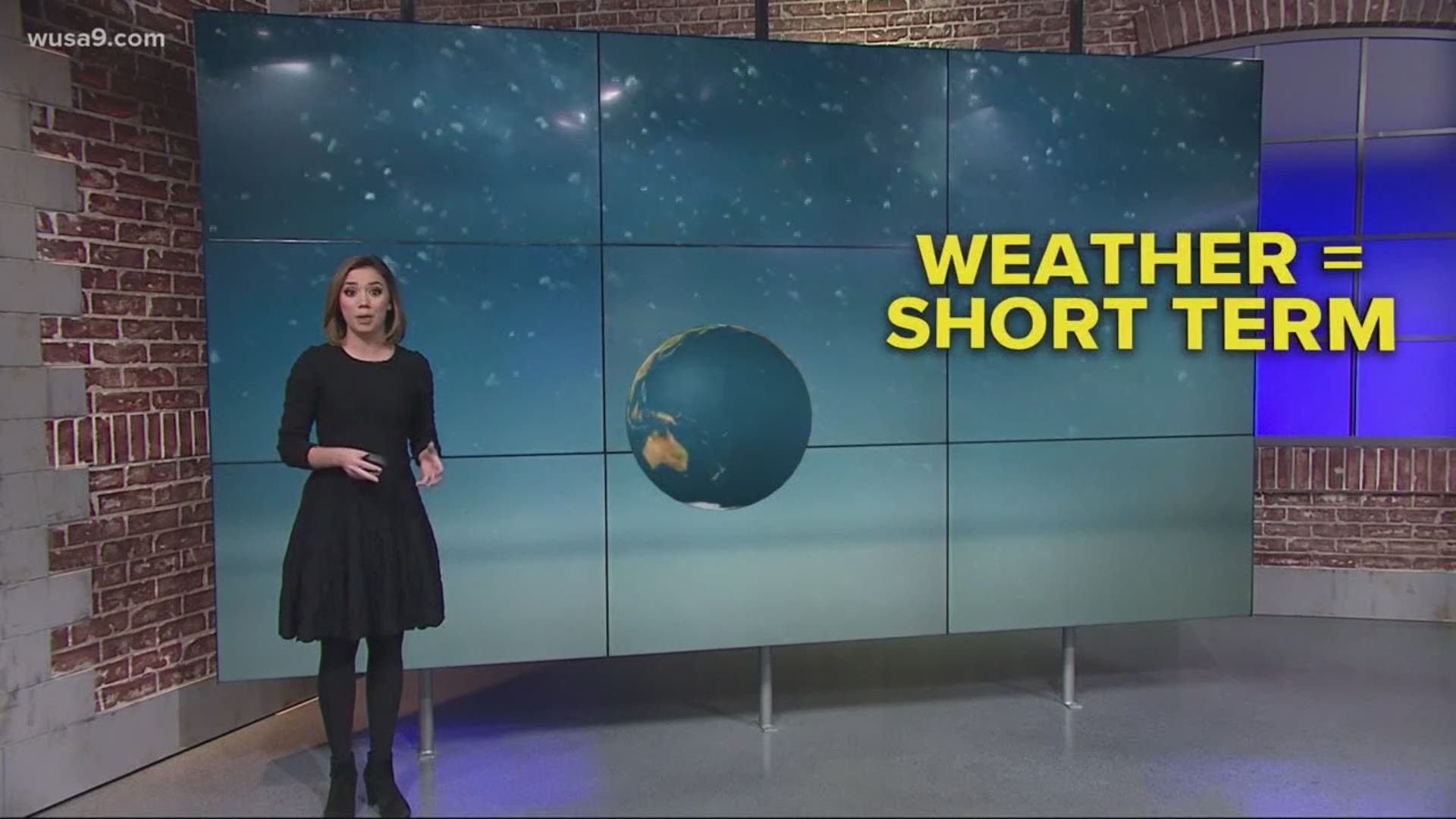The globe continued to bake in 2018, and still more warming is predicted in the decades to come.
2018 is expected to be the fourth-warmest year on record for the Earth, the United Nations' World Meteorological Organization said Thursday. Even more concerning, the organization predicts a 5 to 9 degree temperature rise by the end of the century.
Based on five separate data sets that keep track of the Earth's climate, the global average temperature for the first 10 months of 2018 was about 1.8 degrees above what it was in the late 1800s. That was when industry started to emit large amounts of greenhouse gases into the atmosphere.
“Greenhouse gas concentrations are once again at record levels and if the current trend continues we may see temperature increases of from 5.4 to 9 degrees by the end of the century, said WMO Secretary-General Petteri Taalas, in a statement.
"If we exploit all known fossil fuel resources, the temperature rise will be considerably higher,” he said. Burning fossil fuels like coal, oil and gas release carbon dioxide and other greenhouse gases into the atmosphere, warming it to levels that cannot be explained by natural factors.
Other tell-tale signs of climate change were seen in 2018, including rising sea levels, increasingly acidic oceans, and widepread sea-ice and glacier melt. Extreme weather also left a trail of devastation on all continents.
The past four years – 2015, 2016, 2017 and 2018 – are the four warmest years since records began in 1850.
Overall, the 20 warmest years on record have been in the past 22 years, with the top four in the past four years, according to the WMO.
La Nina, a natural cooling of the Pacific Ocean, suppressed temperatures a bit in 2018. If El Nino develops in 2019, as predicted, next year would likely be warmer than 2018.
"We are not on track for the Paris Agreement target of keeping temperature increases to as close as possible to 2.7 degrees. Every fraction of a degree of warming matters," the WMO said.
The agreement says each country on Earth must determine, plan and report on what it's doing to slow global warming. Except for the United States, every nation signed the agreement. Though the United States originally signed on to the agreement, President Donald Trump announced in 2017 that it would withdraw, claiming the agreement would hinder the economy.
On Sunday, the annual U.N. climate conference opens in Poland, where negotiators will discuss how to ratchet up the fight against climate change and how to further implement the Paris Agreement.

